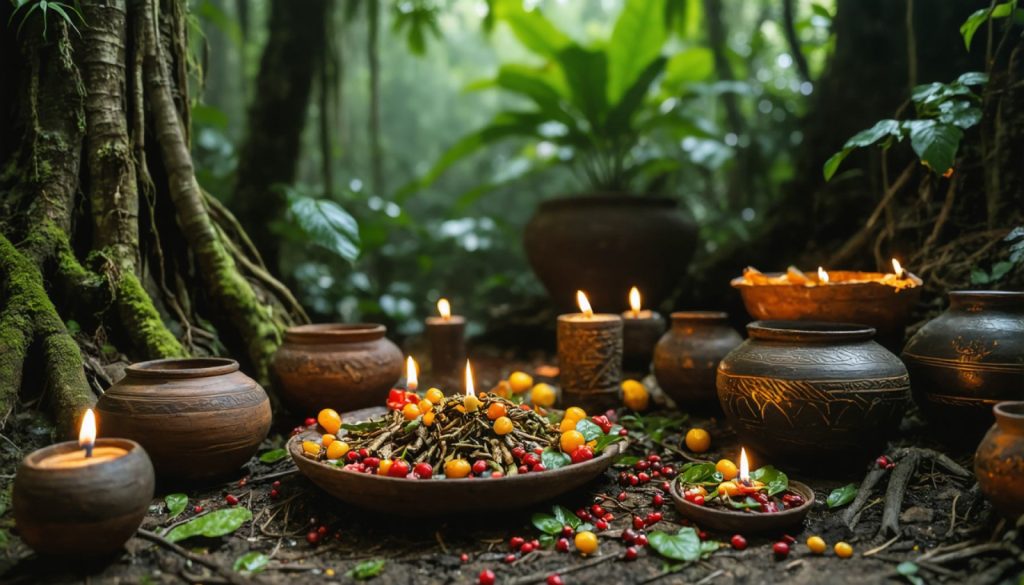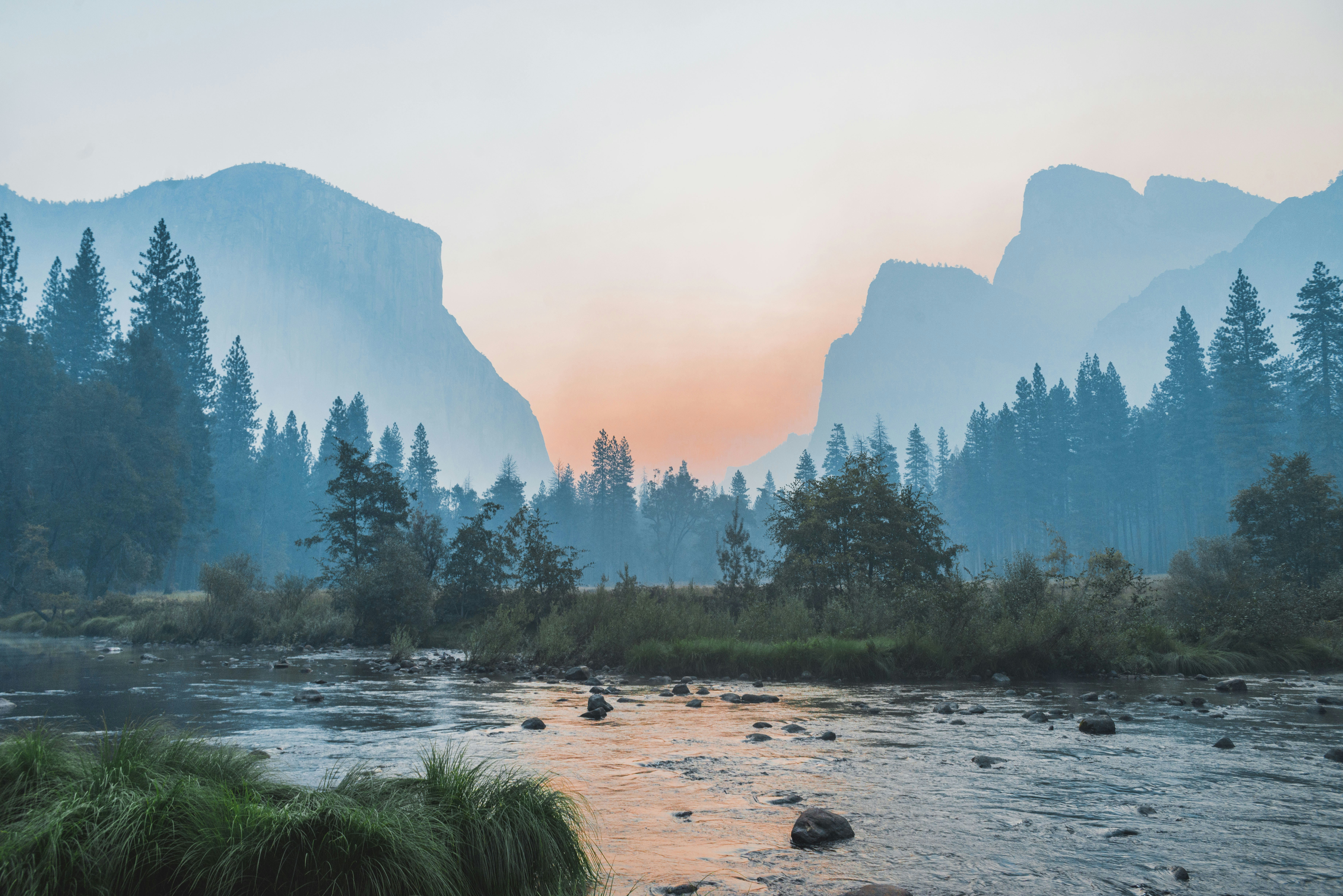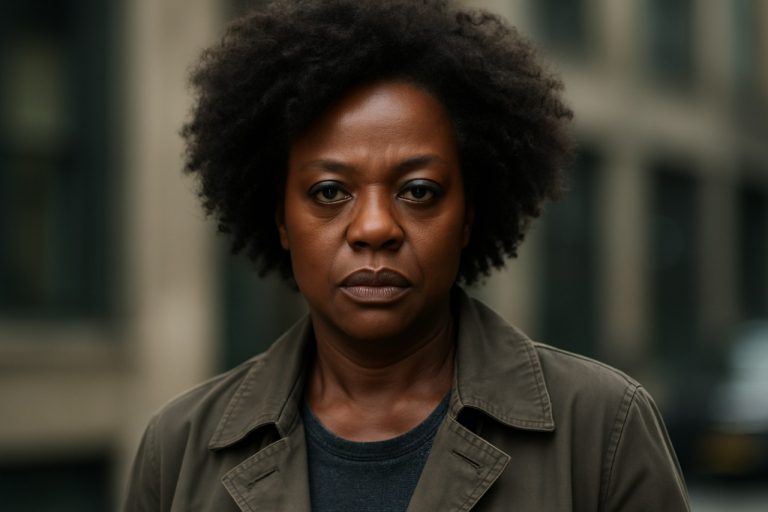
Ayahuasca Dream Turns Deadly for U.S. Tourist: The Hidden Dangers of Psychedelic Retreats in 2025
An American’s fatal ayahuasca ritual in Peru exposes the urgent health risks, rising trend, and critical warnings for would-be spiritual tourists.
- 1.2M tourists expected to seek psychedelic retreats in South America in 2025
- 30+ reported ayahuasca-related deaths worldwide in the last decade
- DMT (the active ingredient) is illegal in most countries, including the U.S.
- 90% of ayahuasca retreats operate without medical oversight
The search for enlightenment ended in tragedy for Aaron Wayne Castranova, a 41-year-old American tourist from Alabama, who died on June 2nd while participating in a shamanic ritual in Peru’s Loreto region. Drawn by the promise of spiritual healing, Castranova consumed ayahuasca, a potent Amazonian tea infused with N-N-dimethyltryptamine (DMT), at La Casa de Guillermo ICONA hostel.
Shortly after ingesting the brew, Castranova suffered a rapid, catastrophic multi-organ reaction, according to regional forensic pathologist Narciso Lopez. He failed to disclose to the ceremony organizers that he was taking antibiotics—a detail experts suspect tipped the deadly balance.
Why Are Tourists Flocking to Ayahuasca Retreats?
Over the past few years, psychedelic tourism has exploded in Peru and other South American countries. Many travelers, seeking relief from mental health issues or a transformative experience, book expensive retreats offering powerful, mind-altering ceremonies led by shamans.
Ayahuasca, used traditionally by indigenous Amazonians for centuries, is now touted as a “natural therapy” online and on social media. It’s become a modern spiritual rite of passage—part self-help, part adventure.
What Makes Ayahuasca So Dangerous?
Ayahuasca is not your average herbal tea. The main active compound, DMT, can trigger intense hallucinations, extreme physical reactions, and—in rare cases—death. Interactions with prescription drugs, undiagnosed health conditions, or improper dosing can severely heighten these risks.
Medical experts point out that most retreats lack adequate medical supervision. The U.S. Embassy in Peru regularly warns American citizens against attending ayahuasca ceremonies, stressing that health risks are real and sometimes hidden.
Q&A: What Should Potential Ayahuasca Tourists Know?
Q: Is ayahuasca safe for everyone?
A: No. Anyone with health issues, on medication, or with mental health vulnerabilities faces especially high risks.
Q: Is ayahuasca legal in the U.S.?
A: No. DMT is classified as a Schedule I substance and is illegal under U.S. federal law. Traveling to use it abroad can have legal and medical consequences.
Q: What can go wrong during an ayahuasca ceremony?
A: Aside from psychological distress, ayahuasca can cause cardiovascular failure, kidney or liver issues, or dangerous drug interactions.
How to Stay Safe: 2025 Tips for Psychedelic Travelers
- Always consult a doctor before considering any psychoactive ritual.
- Disclose all medications and medical history to ceremony leaders—if you attend at all.
- Research the retreat—look for verified medical supervision and real reviews.
- Heed travel advisories from your home country’s embassy. Check U.S. State Department.
- Understand that spiritual healing abroad comes with real, often unregulated risks.
Aaron Castranova’s untimely death is not an isolated case. Last year, a young British woman also died after an ayahuasca ritual in Bolivia—proving these spiritual journeys can turn fatal in the blink of an eye.
For those tempted to chase psychedelic enlightenment, it’s time to weigh the risks as well as the rewards. Awareness and caution are essential.
Think twice before booking that ayahuasca retreat—your life could depend on it!
- ✔ Review all medical conditions before travel
- ✔ Avoid mixing medications with psychoactive plants
- ✔ Seek only certified, medically supervised retreats
- ✔ Monitor official WHO and embassy travel health updates




